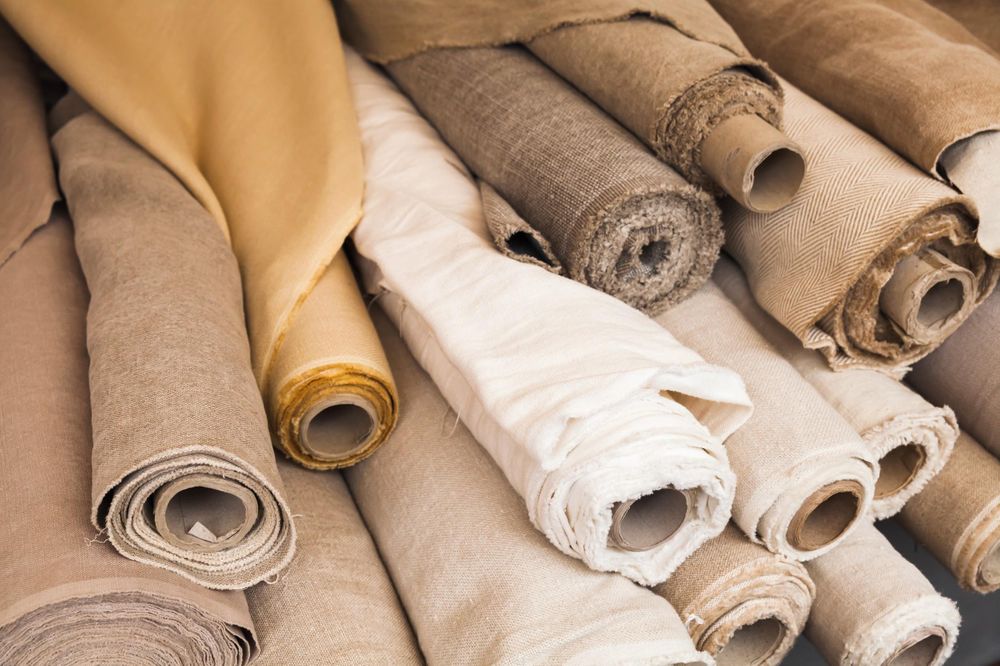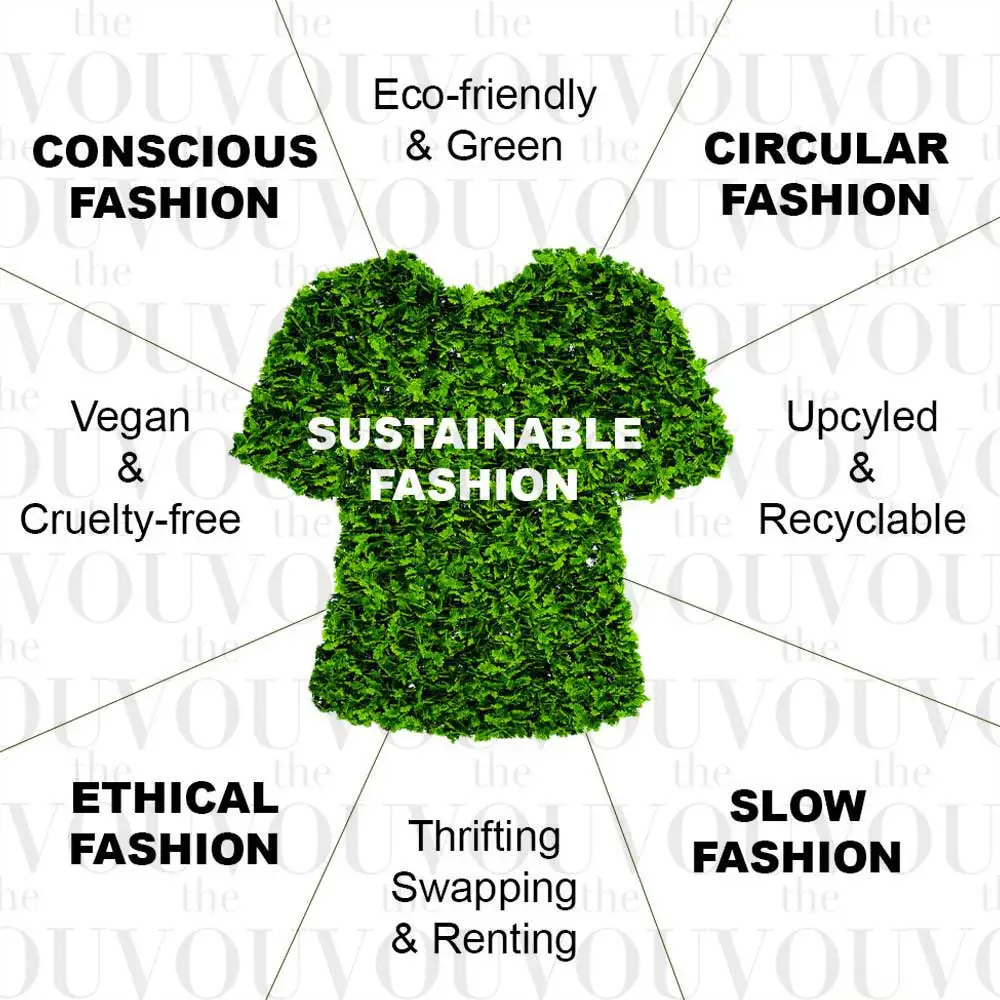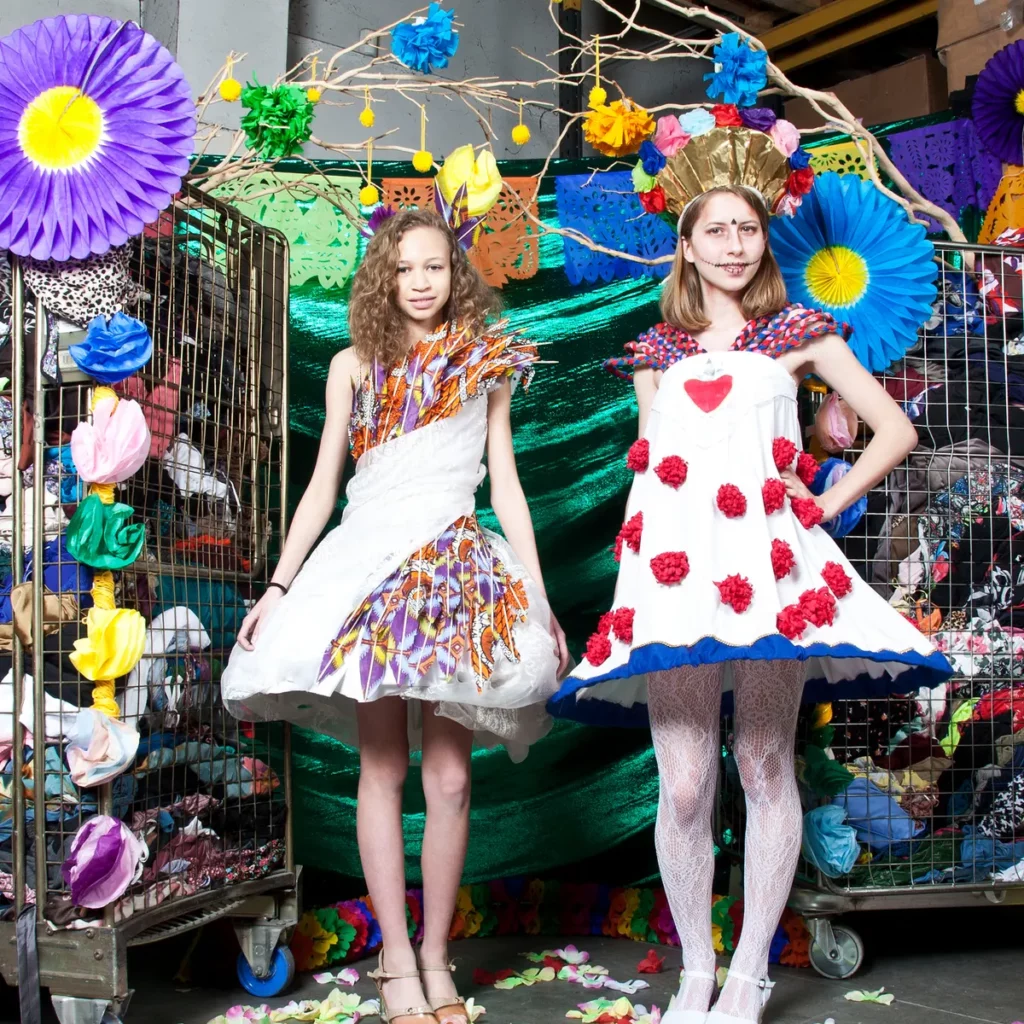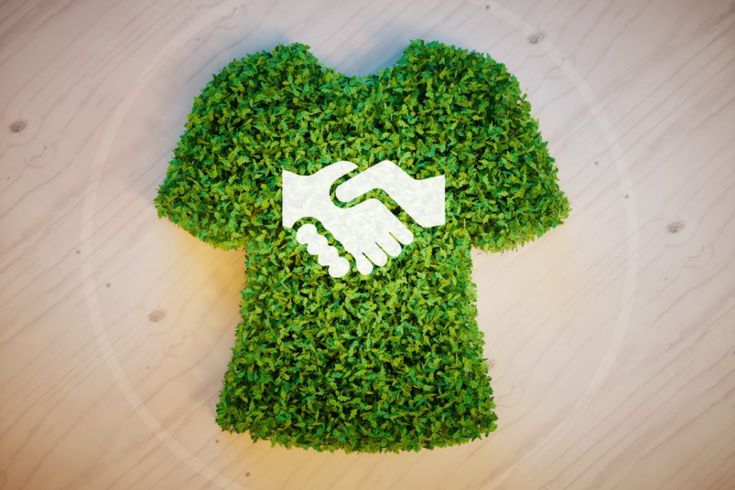In recent years, there has been a significant surge in the popularity of sustainable fashion. This growing trend aims to address the environmental and ethical concerns associated with the mainstream fashion industry. Consumers are becoming more conscious of the impact of their choices, especially in terms of clothing and accessories. This article explores the rise of sustainable fashion, its benefits, materials used, ethical practices, and the impact it has on the environment and social well-being.

Introduction
The fashion industry is known for its fast-paced and ever-changing trends. However, the rise of sustainable fashion is challenging this norm with its focus on longevity, ethical production, and environmental consciousness. Sustainable fashion embodies a new way of thinking, encouraging individuals to make conscious choices about the clothes they wear.
Definition of sustainable fashion
Sustainable fashion refers to clothing, accessories, and footwear that are produced in a manner that minimizes the negative impact on the environment and society. It takes into account the entire lifecycle of a product – from design and sourcing of materials to production, distribution, and disposal.
Benefits of sustainable fashion
Sustainable fashion offers a multitude of benefits. Firstly, it helps to reduce the overall carbon footprint of the fashion industry by promoting eco-friendly production processes and materials. It also reduces waste by encouraging recycling, upcycling, and the use of sustainable materials.

Eco-friendly materials used in sustainable fashion
Sustainable fashion utilizes a range of eco-friendly materials, including organic cotton, hemp, bamboo, and recycled fabrics. These materials are grown and sourced without the use of harmful chemicals and pesticides, ensuring a lower impact on the environment. They are also biodegradable, meaning they can naturally break down over time without causing pollution.
Ethical practices in sustainable fashion
Ethical practices are a core component of sustainable fashion. This includes fair trade, safe working conditions, and fair wages for workers involved in the production process. Many sustainable fashion brands also prioritize animal welfare, opting for cruelty-free materials and production methods.

Sustainable fashion brands
There are several sustainable fashion brands leading the way in providing stylish and eco-friendly alternatives. These brands prioritize transparency, traceability, and the use of sustainable materials throughout their supply chains. Examples include Patagonia, Eileen Fisher, Stella McCartney, and Reformation.

Impact of sustainable fashion on the environment
The fashion industry is a major contributor to environmental degradation, with issues such as water pollution, textile waste, and greenhouse gas emissions. Sustainable fashion aims to mitigate these impacts by adopting practices that reduce water usage, minimize waste, and lower carbon emissions. By choosing sustainable fashion, consumers can contribute to a cleaner and healthier environment.
Contribution to social well-being
In addition to the environmental benefits, sustainable fashion also has a positive impact on social well-being. Through fair trade and ethical practices, it ensures that workers are treated fairly and paid a living wage. By supporting sustainable fashion brands, consumers can help create a more equitable and sustainable future for the fashion industry.

Education and awareness about sustainable fashion
Educating consumers about sustainable fashion is crucial to drive change and promote conscious consumerism. Many organizations and influencers are working to raise awareness about the benefits of sustainable fashion and provide resources for making sustainable choices. Sustainable fashion events, workshops, and online platforms play a vital role in spreading knowledge about this growing trend.
Challenges and opportunities in sustainable fashion
While the rise of sustainable fashion is promising, it also faces challenges. Limited availability, high price points, and a lack of mainstream exposure can hinder its adoption. However, these challenges also bring opportunities for innovation and creativity in sustainable fashion. Collaborations and partnerships between sustainable fashion brands and mainstream retailers can bridge the gap and make sustainable fashion more accessible to a wider audience.









